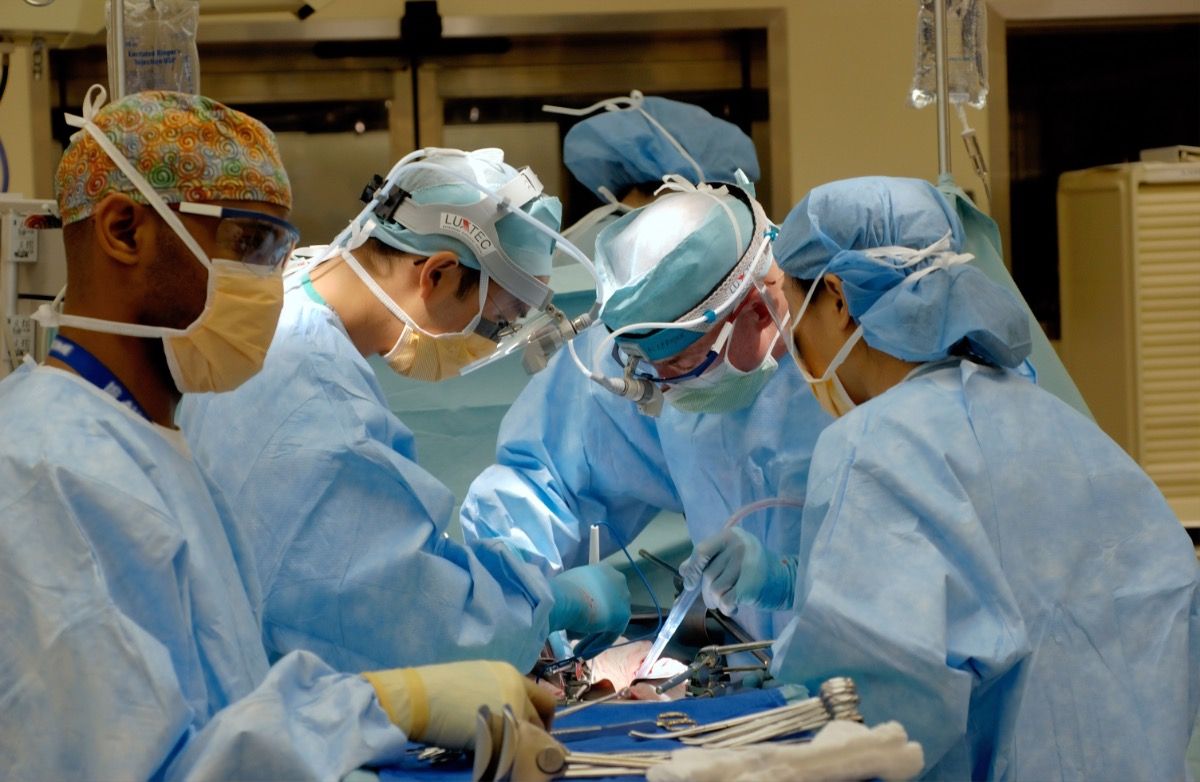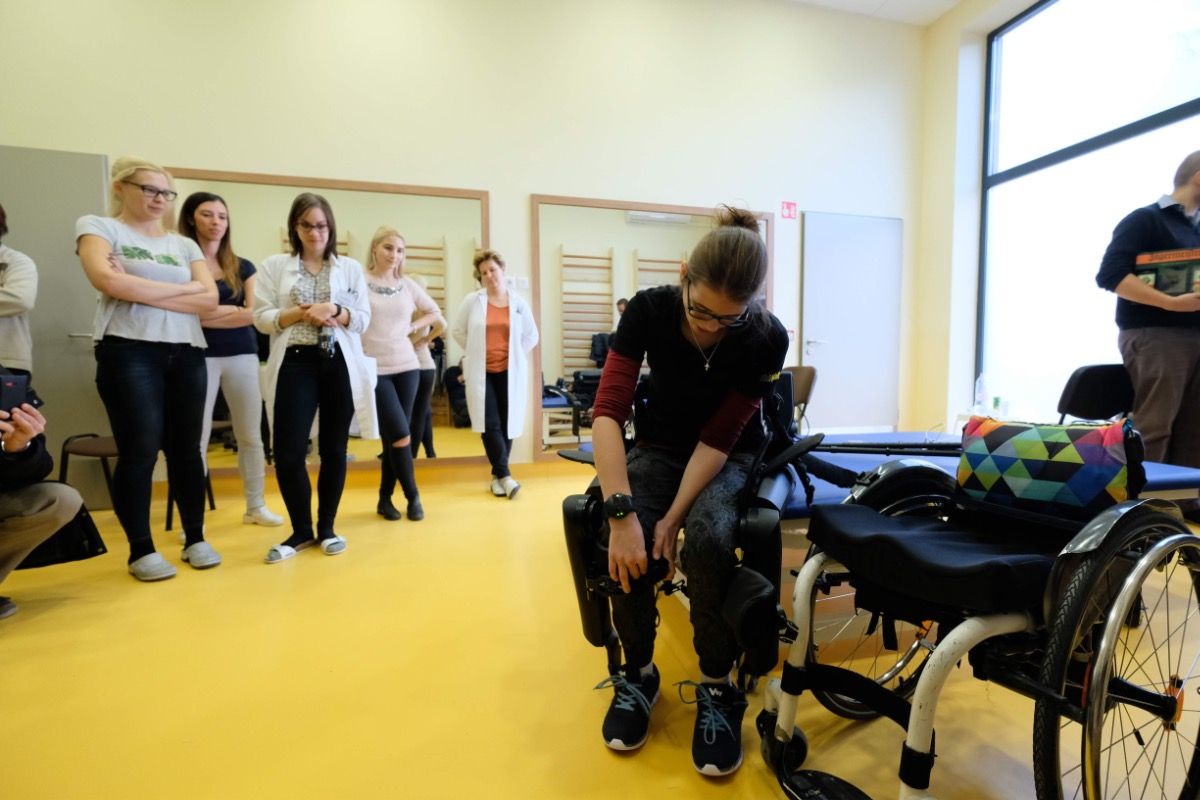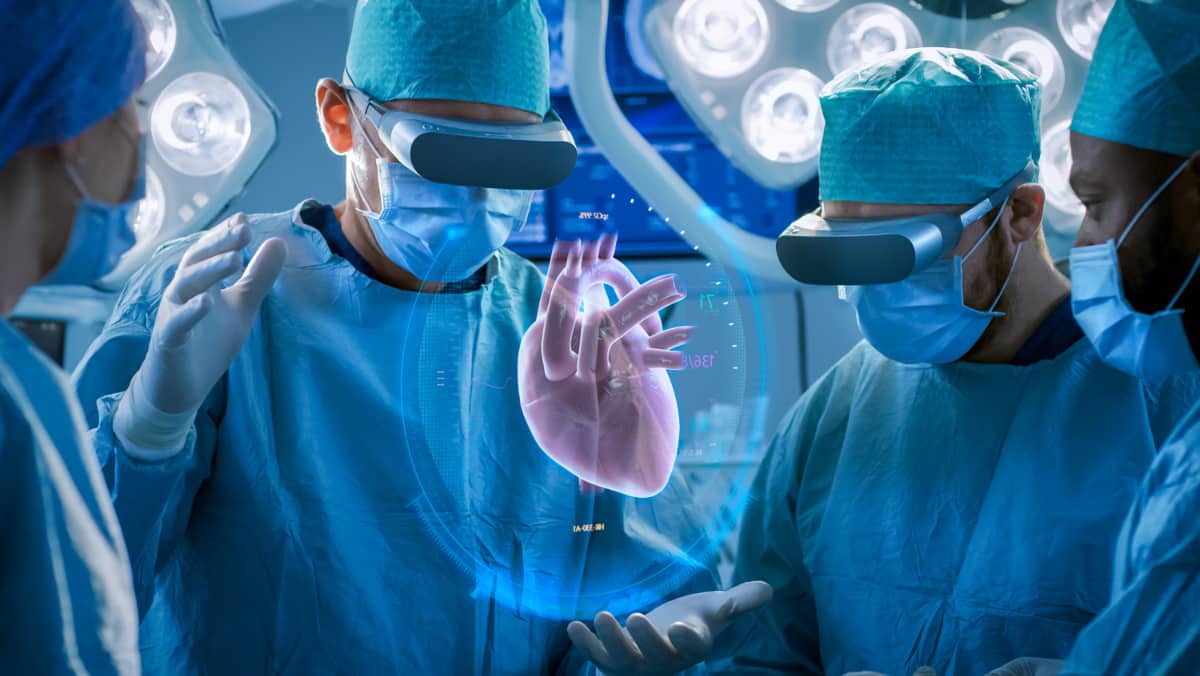An important part and supporter of the TEP programme – as we have mentioned before – is the PTE 3D Printing and Visualization Center, since many workgroups stem from the previous 3D projects; connected by either tools or members. The equipment, experience and innovation potential of the 3D centre is naturally an important supportive factor in achieving the TEP goals – from which the PTE 3d project can also profit in the future.
The central element of the idea is interdisciplinary, finding innovative cooperation across faculties and disciplines, or internal networking. It is no secret that the goal is the creation of projects that can mark the future development and research directions of the university. The university provides funding for all research groups that agree to the fulfilment of scientific, market and education goals proposed by the tender. The workgroups and research groups were formed at every faculty after the summer organisation, developing their set of goals and work methodology in the meantime. The conference was about TEP goals and functions, university goals and the detailed discussion of the expected achievements of the work groups.
The main task of the next period will be finding possibilities for cooperation, therefore the event on the last Monday of September was an important meeting opportunity for the leaders of workgroups to meet and introduce their topics and plans and also share information. An exchange of contact information and databases also took place; the necessary visibility and knowledge exchange was discussed and the mapping of possible connection points started. Dr Gabriella Medvegy (MIK dean and TEP leader) and Dr Miklós Nyitrai (Medical School dean) opened the 3-hour programme.
The number of participants was about 220 – mostly researchers and developers – from four university faculties. One of the main topics was the interdisciplinary field of biotechnology and engineering, but information technology, measurements and material technology research, the practical development of healthcare, ergonomics and city planning also held an important spot.
TEP research- and workgroup topics, grouped by leaders and participating faculties:
Six main topics
- Healthcare software development, healthcare AI, Big Data: Dr. Ádám Schiffer
- Simulation education, surgery planning and Occupational Medicine: Dr. Szilárd Rendneki
- Medical material technology: Dr. Péter Maróti
- Medical robotics and biocybernetics: Prof. Dr. Zoltán Karádi
- Bioprinting, biotechnology, pharmaceutical technology: Prof. Dr. Judit Pongrácz
- Neurorehabilitation, movement analysis: Dr. Luca Tóth
Faculty of Engineering and Information Technology workgroups connected to Medical School research groups
- Autonomous systems research group: Prof. Dr. Péter Iványi
- Analysing conducted and radiated electromagnetic disturbances: Dr. Zoltán Kvasznicza
- Material and structure analytics research group (smart diagnostic processes): Dr. Zoltán Orbán
- Well-Being Incubator (Parametric comfort in physical spaces): Dr. Ágnes Borsos
- BIM skill lab (digitization, standardization, pre-manufacture, programmed organisation): Prof. Dr. Bálint Bachmann
- Intelligent City (Smart City Technologies, Mobility, Prevention): Dr. Tibor Kiss
Faculty of Health Sciences workgroups connected to Medical School research groups
- SmartCare: Dr. András Oláh
- Big data & real world data: Prof. Dr. Imre Boncz
- Emergency medicine: Prof. Dr. József Betlehem
Research and workgroups have to fulfil their goals within eight months. This means the development of their topic at least at the level of a Q2 publication, at least one market connection and order, one FIKP cooperation and last but not least, the appearance of their topic in university education in the form of a course.
Even though the first event was about introductions, more such work meeting would be organised in accordance with the internal concept of the programme in order to provide visibility on the processes, hardships, successes and promote connections and resource sharing.



